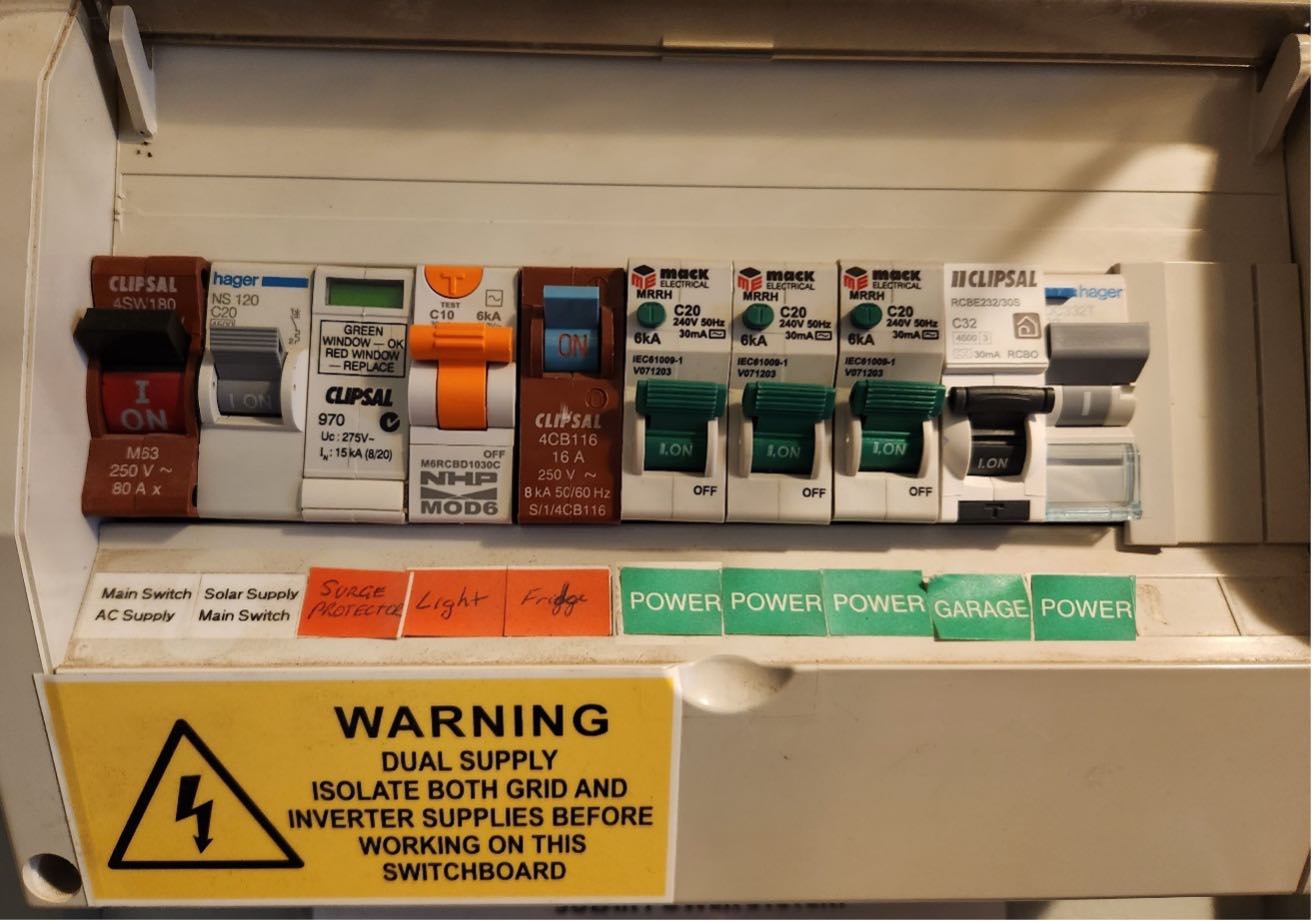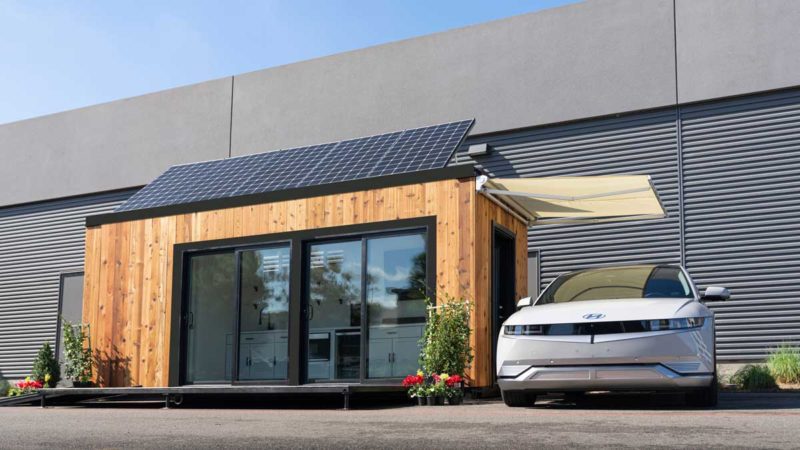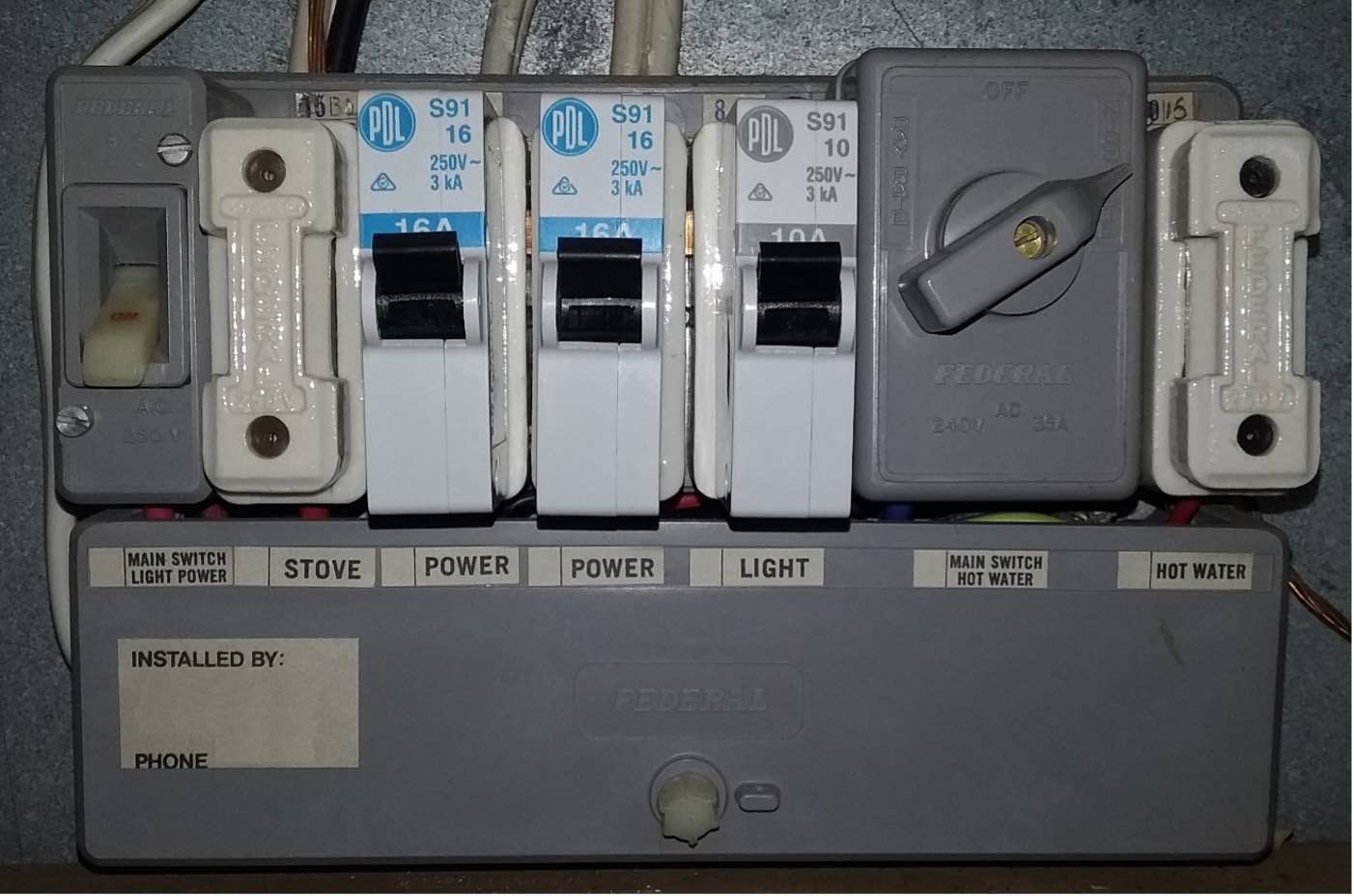Following on from my recent articles on working out your home EV charging needs and how much a charger installation might cost, I’ll circle back around to the issue of whether you may need electrical upgrade work needed at your home before installing a charging solution.
At this point I am sure the EV naysayers will be coming out in force to say that “EVs are ridiculously expensive to buy and run because they need so much work to install charging”.
But those naysayers are wrong on many points. The two main ones being:
- Many to most homes will not need much (if any) additional electrical work – this is an article about those edge cases where work might be needed. My purpose is to help owners of older and/or lower power supply properties to be fully informed for when they engage an electrician to install EV charging.
- If your EV charging needs trigger a wiring or supply upgrade, it was almost certainly overdue: the EV was the ‘canary in the coalmine’ so to speak, not the cause. The same issue will arise if you install an induction cooktop – as it will also do if you live in an older house and look at moving off gas appliances to an all-electric home. Over the next decade or two electricians will be busy as Australia moves to utilising a green electricity grid and – like many parts of our grid – aging and underperforming home wiring has been a somewhat neglected topic.
In the first of those related articles, I looked at what your real EV charging needs are and what Mode of charging will likely work best for you. In the second article I looked at the ‘average’ cost to install charging, based on the electrical installation being fine and you were just adding a charger.
In this article I’ll look at how to assess your existing home’s electrical installation and see if it is up to providing that amount of power, or whether you need to do one of two things:
- Dial back your EV charging expectations to something that balances your EV charging with the capacity of your power connection or
- What might be required to upgrade your wiring to deliver the power you need and/or meet current electrical standards.
To assess your home’s electrical wiring and switchboard capacity to supply power for car charging I would begin with answering the following three questionsi:
- Is your home less than 20 years old/has it been fully rewired in the last 20 years?
- Does your switchboard have at least one spare slot?
- Do you have three-phase power?
If you answered ‘Yes’ to questions 1 and 2, then you most likely just need to have an electrician do a maximum demand assessment to find out how much power you currently draw.
This will tell you how much is left to supply the EVSE. Most likely, you will be able to install a 32A (7.2kW) capable EVSEii. Your costs will likely be only the EVSE itself plus wiring it in.
If you live in Queensland and have 3 phase power – then you can avoid the 20A single phase limit and install 11kW (16A per phase) charging – provided of course your car can do three phase AC charging. (Which by the way, almost all EVs on the market here can now do).

On the other hand, if you answered ‘No’ to question 1 but your home is less than 50 years old, the wiring should be okay (this will still have to be checked on-site by your electrician).
But the switchboard will need to be upgraded to allow for installing the safety switch/circuit breaker for the EVSE, as your current one will have fuses rather than safety switches and circuit breakers. (Figure 2).
On the other hand, if your home is more than 50 years old and the wiring hasn’t been touched in that time – your wiring may very well be rubber covered (or even cloth and rubber covered inside wooden conduits!) – in which case, you are definitely way overdue for a rewire of the entire home.
(I wouldn’t even attempt to estimate the cost of a rewire here as they are site specific, but please don’t blame the EV for the need to do it!)
A further complication is the supply coming from the street may be either 40A or 80A capable.
A 40A capable supply with gas cooking, heating and hot water is probably going to be fine to supply a 32A/7kW charger (depending on the electrician’s maximum demand assessment) – but the moment you try switching away from gas to electric appliances, that 40A is starting to look very anaemic when considering higher power EV charging options.
This is where you need to get creative in finding the right EV charging solution. Demand management is one way to reduce the power drawn from the grid.
Whilst we don’t yet have ‘smart’ chargers that can be demand managed by the grid to ramp up/down (or turn on and off) your EV charger, there are some ‘smart-ish’ chargers available now that can measure what’s happening in your home to better manage the amount of power you use at any one time.
For instance, some Mode 3 chargers (meaning NOT plug-in ones) on the market can be connected to sense the amount of power you are using at any point in time.
These chargers then ramp your charging down whilst you are using lots of power elsewhere in the home – like running an induction cooktop – and then ramp it back up again afterwards. Some chargers can also sense the amount of solar power you are producing and manage car charging to prioritise charging from solar generation. Some can even do both!
Dialling back on EV charging capacity
If these demand managed solutions don’t work for you, then perhaps ‘dialling back’ on your EV charging expectations might work.
Most people never need to do a zero to 100% charge overnight – so why install charging to do it if to do so triggers potential significant rewiring or supply upgrades?
A suitably wired 15A, or even 10A outlet might work for all but the rarest occasion – and for those, there is the growing option to use the ever expanding network of DC chargers.
Table 1 below shows some charging times for 100km charged (and their related km charged per hour) options that you might like to use for selecting an alternative charging solution that might not trigger expensive electrical upgrade works.
Article notes:
- You will need your installing electrician to confirm this via a full inspection before quoting for an EV charging solution.
- Queensland limits standard EV charging to 20A/4.6kW single phase – unless:
- the EVSE is connected to a controlled load circuit, or
- use 3 phase power to supply 11kW/16A per phase charging.

Bryce Gaton is an expert on electric vehicles and contributor for The Driven and Renew Economy. He has been working in the EV sector since 2008 and is currently working as EV electrical safety trainer/supervisor for the University of Melbourne. He also provides support for the EV Transition to business, government and the public through his EV Transition consultancy EVchoice.




